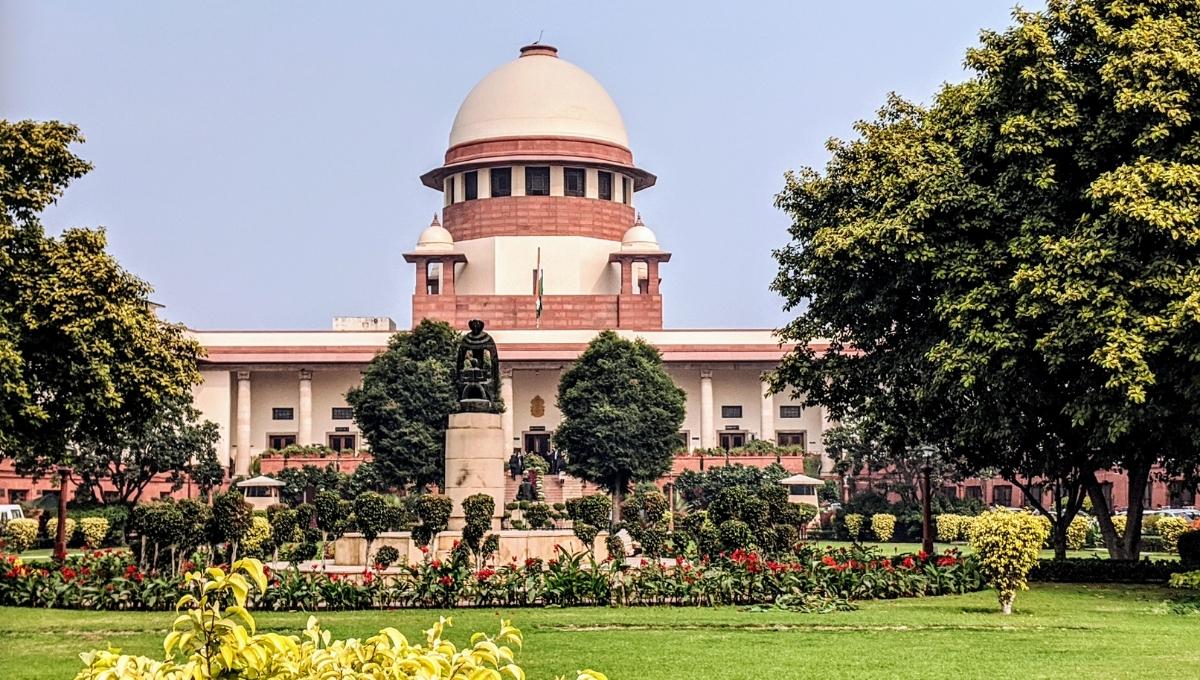In a significant decision, the Supreme Court of India has declined a request for abortion of a 26-week-old foetus. The ruling, delivered by a three-judge bench led by Chief Justice D Y Chandrachud, comes after a series of legal twists and medical evaluations.
Initially, an all-women bench of two Supreme Court judges had granted the woman’s request to terminate her pregnancy, citing concerns about her mental health. However, the situation took a turn when the All India Institute of Medical Sciences (AIIMS) sought further clarifications regarding the foetus’s health and viability.
On October 13, the three-judge bench took up the case and noted that the pregnancy had exceeded 24 weeks. The medical reports indicated that the foetus did not have substantial abnormalities. The court emphasized that under the relevant legal provisions, an abortion after 24 weeks is permissible only if it’s necessary to save the mother’s life or if the foetus has severe physical or mental abnormalities. Neither condition was met in this case.
The court also considered the option of stopping the foetal heartbeat but decided against it. Such an action would have carried significant risks of lifelong physical and mental disability for the foetus.
The petitioner had cited “postpartum psychosis” as a reason for the abortion request, but the court noted that her medical prescriptions did not specify her exact ailment.
This ruling sets a precedent for future cases involving late-term pregnancies and abortion requests. It highlights the delicate balance between legal limits and medical considerations in such cases.
The Medical Termination of Pregnancy (MTP) Act in India specifies an upper limit of 24 weeks for pregnancy termination, except in special cases. While the petitioner’s case brought attention to the need for potential revisions to the law, Chief Justice Chandrachud clarified that the challenge to pregnancy termination law would be addressed separately, emphasizing that this case focused on the petitioner’s specific circumstances.
This landmark decision underscores the importance of thorough medical evaluations and adherence to legal provisions in late-term pregnancy termination cases, ensuring that the interests of both the mother and the foetus are carefully considered by the judiciary.

